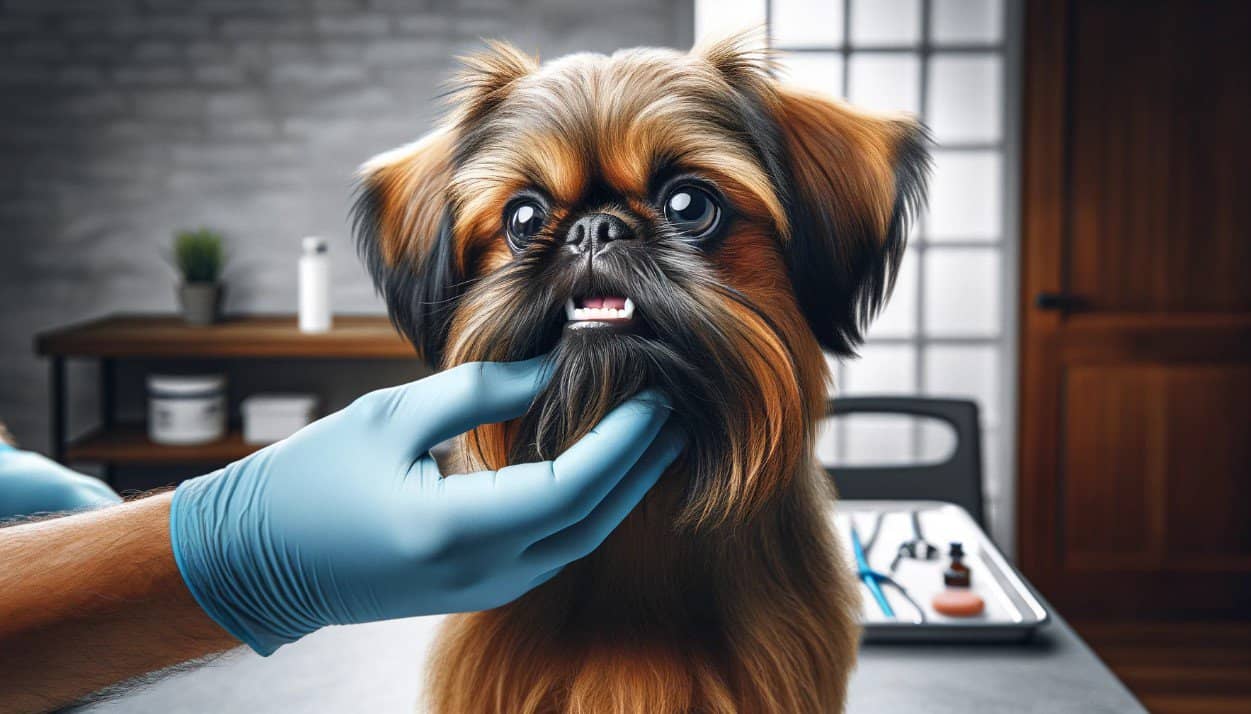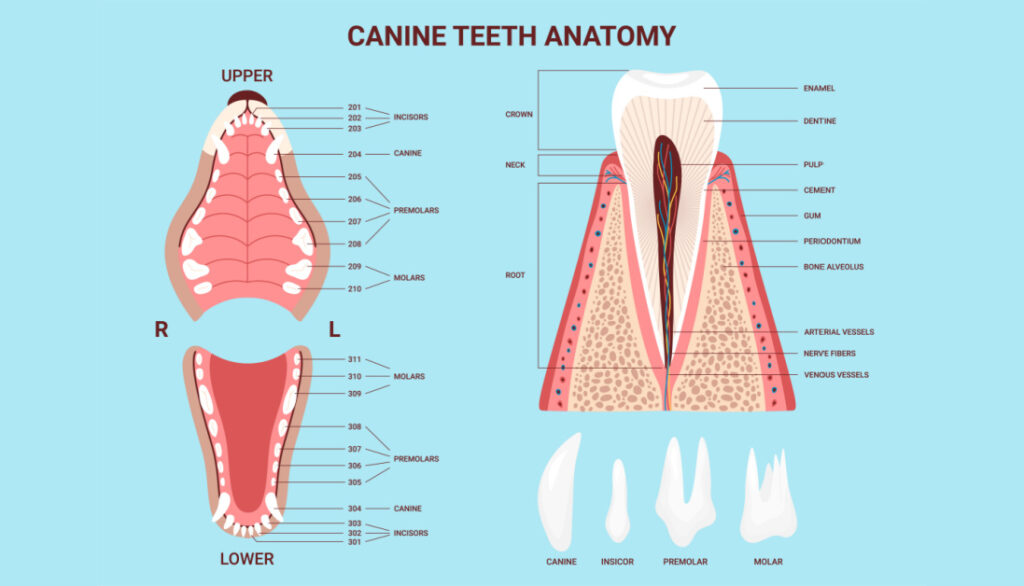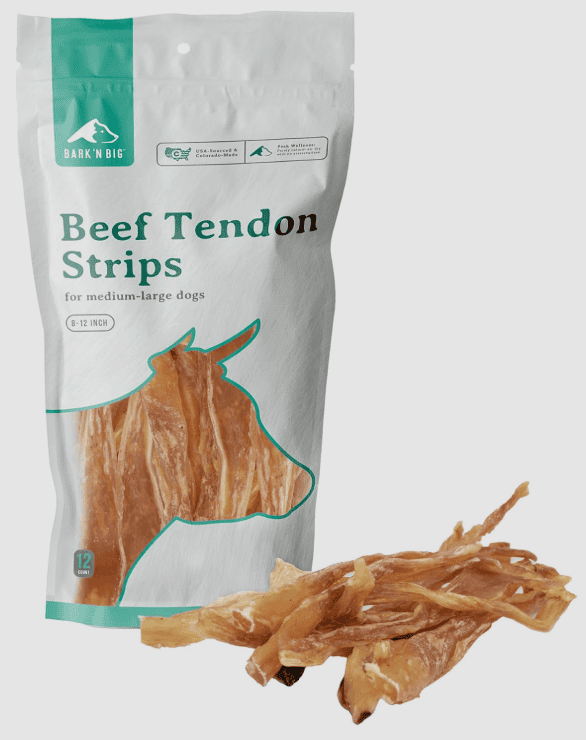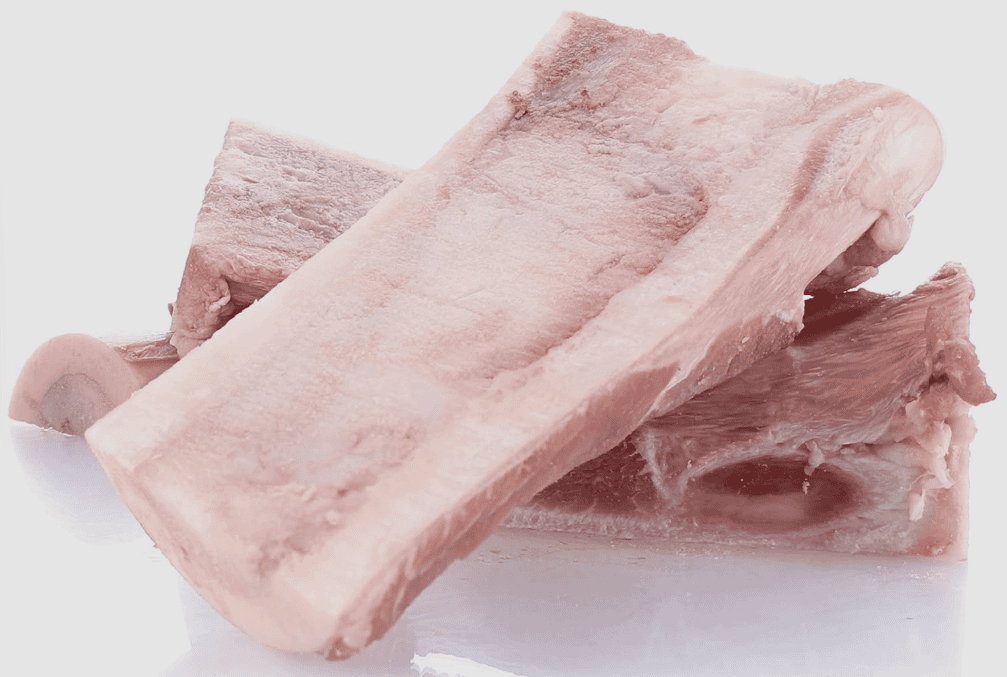Hi there, fellow dog lover! I’m Dr. Candy, your friendly holistic veterinarian. Today, we’re going to talk about a topic that’s close to my heart – Brussels Griffon Dental Health. This adorable breed, with their expressive eyes and distinctive beards, are known for their charming personalities. But did you know they’re also prone to dental health issues? It’s true! Just like us, our canine companions need good oral hygiene to maintain overall health.
As a vet, I’ve seen many cases where dental disease in dogs led to more serious health problems. That’s why it’s so important to keep those doggy teeth clean and healthy. But don’t worry, I’m here to guide you through the process. From recognizing the signs of dental disease to understanding the best dental care for your Brussels Griffon, we’ll cover it all. We’ll even explore some holistic approaches to oral health. So, let’s get started on this journey to ensure your Brussels Griffon’s pearly whites stay healthy and strong!

Signs of Dental Disease in Brussels Griffon
Understanding the signs of dental disease in your Brussels Griffon can be the first step towards ensuring a long, happy, and healthy life for your beloved pet. If you know what to look out for, you can act fast, providing the necessary care and treatment to keep your dog’s oral health in top shape. So let’s dive into the telltale signs of dental disease in Brussels Griffon.
One of the most common signs of dental disease in Brussels Griffon is bad breath. While it’s normal for dogs to have breath that’s not exactly minty fresh, a persistent foul odor can indicate a serious issue. This breed is particularly prone to periodontal disease, which can lead to persistent bad breath.
Another sign to look out for is a change in eating or chewing habits. If your Brussels Griffon suddenly loses interest in their favorite chew toys, or starts eating on one side of their mouth, it could be a sign of oral discomfort. Drooling or dropping food while eating can also be a sign of dental disease.
Physical changes in your dog’s mouth can also be a clear sign of dental problems. Watch out for red, swollen, or bleeding gums. You may also notice a yellowish-brown crust of plaque on the teeth, especially along the gum line. Loose or missing teeth are also a clear sign of oral health issues and should be addressed immediately.
Finally, changes in behavior can also indicate dental disease. If your normally playful Brussels Griffon becomes irritable or lethargic, it could be due to discomfort or pain in their mouth. They may also paw at their mouth or face frequently.
Common Dental Health Issues In Brussels Griffon
When it comes to Brussels Griffon Dental Health, there are several common issues that you should be aware of as a pet parent. This breed is prone to certain dental health problems due to their unique mouth structure and small size.
One of the most common issues is Periodontal Disease. This is an infection of the tissues surrounding the teeth and can lead to tooth loss if not treated. Symptoms include bad breath, red or swollen gums, and difficulty eating.
- Bruxism, or teeth grinding, is another common problem in Brussels Griffon. This can lead to wear and tear on the teeth, causing sensitivity and pain.
- Brussels Griffon are also prone to Dental Hypoplasia, a condition where the enamel of the teeth is thin or absent. This can lead to tooth decay and loss.
- Malocclusion, or misalignment of the teeth, is another issue that can affect Brussels Griffon Dental Health. This can cause difficulty eating and can lead to other dental problems.
Regular dental check-ups and cleanings are essential to prevent these issues and maintain good Brussels Griffon Dental Health. Remember, early detection is key to preventing serious dental health problems.

Conventional Dental Health Treatments for Brussels Griffon
When it comes to maintaining Brussels Griffon dental health, two conventional methods are commonly employed: anesthetic dental cleanings and addressing potential individual health obstacles.
Anesthetic Dental Cleanings
Anesthetic dental cleanings, also known as professional dental cleanings, are a common treatment for dental problems in Brussels Griffon. These cleanings involve your vet using anesthesia to put your dog to sleep, allowing them to perform a thorough cleaning and examination of your dog’s teeth and gums without causing discomfort. This process can help to remove plaque and tartar build-up, which can lead to dental diseases if left untreated.
While anesthetic dental cleanings can be effective, they should be performed by a professional veterinarian to ensure that they are safe and successful. Regular Brussels Griffon teeth cleaning is crucial to prevent serious dental health problems.
Potential Individual Health Obstacles
Each Brussels Griffon is unique and may face individual health obstacles that can affect their dental health. These can include heart problems, drug sensitivities, seizures, and extreme age.
- Heart problems: If your Brussels Griffon has heart problems, anesthesia used during dental cleaning can be risky. Always consult with your vet before any procedure.
- Drug sensitivities: Some Brussels Griffons may have sensitivities or allergies to certain drugs used during dental procedures. It’s essential to inform your vet about any known drug sensitivities.
- Seizures: If your Brussels Griffon has a history of seizures, certain drugs used during dental procedures can trigger an episode. Again, always inform your vet about any health conditions your dog may have.
- Extreme age: Older Brussels Griffons may face increased risks during dental procedures, especially if anesthesia is used. It’s important to weigh the benefits and risks before deciding on a treatment plan.
Maintaining Brussels Griffon dental health requires regular check-ups and cleanings, but it’s also important to consider your dog’s individual health challenges. Working closely with your vet will help ensure that your Brussels Griffon’s dental health is managed effectively and safely.
When it comes to maintaining your Brussels Griffon’s dental health, a holistic approach can be highly beneficial. This involves considering all aspects of your pet’s lifestyle, from their diet to the products you use for their oral care. As a pet parent, your goal is to ensure your furry friend is healthy and happy, and their dental health plays a significant role in this.
Diet: Low Carbs, Avoid Added Sugars, Enzymes In Fresh Food
One of the crucial aspects of your Brussels Griffon’s dental health is their diet. Feeding your dog a diet low in carbohydrates can help prevent the build-up of plaque and tartar on their teeth. Carbohydrates, when broken down, can form sugars which can contribute to tooth decay. Therefore, a diet low in carbs and free from added sugars is ideal for your Brussels Griffon’s dental health.
Additionally, incorporating fresh foods into your dog’s diet can provide natural enzymes that help in maintaining oral hygiene. Fresh fruits and vegetables, for instance, can act as natural toothbrushes, scrubbing off plaque as your dog chews them. They also stimulate saliva production, which can help wash away food particles and bacteria.
Oral Health Specific Probiotics
Probiotics are beneficial bacteria that can support your Brussels Griffon’s oral health. They work by crowding out harmful bacteria in the mouth, reducing the risk of dental diseases. One product I highly recommend for this purpose is Probiora for Dogs, an oral health targeted probiotic. This product has been specifically formulated to support canine oral health, helping to maintain a balanced oral microbiome. Regular use of this probiotic can help reduce bad breath, plaque, and tartar build-up.
Incorporating these holistic approaches into your Brussels Griffon’s dental care routine can go a long way in maintaining their oral health. Always remember, a healthy mouth contributes significantly to your pet’s overall well-being. So, let’s take a step towards healthier smiles for our furry friends!

Recommended Dental Chews & Products For Brussels Griffon
As a loving pet parent, you may have been lured into buying commercially promoted dental chews for your Brussels Griffon, believing they would promote good dental health. However, the harsh reality is that many of these products are not as beneficial as they’re marketed to be. They often contain ingredients that can be harmful to your dog’s health, such as artificial flavors, preservatives, and excessive amounts of carbohydrates.
Even worse, many of these chews do not effectively clean your dog’s teeth. They’re often too soft to provide any real scraping action against the teeth, which is necessary to remove plaque and tartar buildup. Therefore, they end up being a tasty treat rather than an effective dental hygiene product.
Another product that is often marketed for dental health is drinking water additives. These are claimed to freshen breath and reduce plaque. However, they can harm the beneficial bacteria in your dog’s gut, disrupting their digestive health. So, it’s essential to be cautious when considering these products.
Dr. Candy’s Recommended Dental Chews & Products
So, what’s the alternative? The answer lies in natural, single source proteins, which are not only healthy but also effective in maintaining your dog’s dental health. Here are some of Dr. Candy’s recommended dental chews and products:
Tendons
Tendons are a fantastic natural chew for your Brussels Griffon. They are tough and fibrous, which helps to scrape off plaque and tartar from your dog’s teeth. Plus, they are a good source of protein and collagen, promoting good joint health.

Raw Marrow Bones
Raw marrow bones are another excellent choice for maintaining your Brussels Griffon’s dental health. They are a natural source of calcium and phosphorus, which are essential for healthy teeth and bones. Furthermore, the act of gnawing on bones can help to clean your dog’s teeth and gums.

Bully Sticks
Bully sticks are made from 100% beef muscle, providing a natural and digestible chew for your Brussels Griffon. They can effectively remove plaque and tartar and are a good source of protein. However, always supervise your dog while they’re chewing on a bully stick to prevent any choking hazard.

Remember, while these dental chews and products can help maintain your Brussels Griffon’s dental health, they should not replace regular check-ups with a vet. Regular professional cleanings are essential to prevent dental diseases and ensure your dog’s overall health.
Frequently Asked Questions
1. How can I prevent bad breath in my Brussels Griffon?
Regular brushing of your Brussels Griffon’s teeth with a dog-specific toothbrush and toothpaste can help prevent bad breath. Additionally, providing dental chews or toys designed to promote oral hygiene can be beneficial.
2. What are some signs of dental problems in Brussels Griffons?
Signs of dental problems in Brussels Griffons may include bad breath, swollen or bleeding gums, difficulty eating, loose or missing teeth, excessive drooling, and reluctance to have their mouth touched.
3. Can diet affect my Brussels Griffon’s dental health?
A balanced and nutritious diet can contribute to your Brussels Griffon’s overall dental health. Feeding them high-quality dog food and avoiding sugary treats can help maintain healthy teeth and gums.
4. Should I take my Brussels Griffon for professional dental cleanings?
Yes, regular professional dental cleanings performed by a veterinarian are important for maintaining your Brussels Griffon’s dental health. These cleanings can remove tartar buildup and address any underlying dental issues.
5. Are there any specific dental products recommended for Brussels Griffons?
There are various dental products available for Brussels Griffons, such as dog-specific toothbrushes, toothpaste, dental chews, and oral rinses. It is recommended to consult with your veterinarian to determine the most suitable options for your dog.
